Loud Budgeting: The Pros, Cons, and What You Should Consider
In recent years, the concept of budgeting has evolved beyond spreadsheets and personal finance apps. Enter loud budgeting, a trend that has taken TikTok by storm. In this approach, individuals share their financial goals, spending habits, and budgeting strategies with their followers to increase accountability and motivate others to do the same. But like any trend, loud budgeting comes with its own set of pros and cons. Here's what you should consider before jumping on the bandwagon.
What is Loud Budgeting?
Loud budgeting is a form of financial transparency where people openly discuss their budgets, financial goals, and the steps they’re taking to achieve them. This could involve sharing monthly expense breakdowns, savings targets, debt repayment plans, or even daily spending habits. The idea is that by publicly declaring their financial intentions, individuals will be more likely to stay on track and resist temptations that could derail their progress.
The Pros of Loud Budgeting
1. Increased Accountability
One of the primary benefits of loud budgeting is the increased accountability it brings. When you share your financial goals with others, you create a sense of commitment. Knowing that others are aware of your goals can make you more motivated to stick to your budget and resist impulse purchases.
2. Community Support
Loud budgeting fosters a sense of community. By sharing your journey, you connect with others who are on similar paths. This support network can provide encouragement, tips, and even constructive criticism to help you stay focused on your goals.
3. Mindful Spending
By publicly discussing your financial priorities, loud budgeting encourages more mindful spending. You become more conscious of how each purchase aligns with your values and long-term goals. This awareness can lead to better financial decisions and help you avoid unnecessary expenses.
4. Education and Inspiration
Sharing your financial journey can educate and inspire others. Many people struggle with budgeting because they don’t know where to start or lack the motivation to stick with it. By being open about your process, you can offer valuable insights and encourage others to take control of their finances.
The Cons of Loud Budgeting
1. Privacy Concerns
One of the biggest drawbacks of loud budgeting is the potential invasion of privacy. Sharing detailed information about your finances can make you vulnerable to judgment, criticism, or even financial scams. It’s essential to consider how much personal information you’re comfortable disclosing online.
2. Pressure to Perform
When you make your financial goals public, you might feel pressured to meet them, even if your circumstances change. This pressure can lead to stress and anxiety, particularly if you experience setbacks or unexpected expenses that make it challenging to stay on track.
3. Comparison Trap
Loud budgeting can sometimes lead to unhealthy comparisons. Seeing others achieve their financial goals might make you feel inadequate or frustrated with your own progress. It’s important to remember that everyone’s financial journey is different, and what works for one person may not work for another.
4. Misleading Information
Not all financial advice shared online is accurate or applicable to everyone’s situation. Loud budgeting can sometimes perpetuate myths or oversimplify complex financial topics. Before following someone else’s budgeting strategy, ensure it aligns with your unique circumstances and goals.
Things to Consider Before Trying Loud Budgeting
Assess Your Comfort Level with Transparency: Before sharing your financial details online, consider how comfortable you are with public transparency. You don’t have to disclose every aspect of your finances—only share what you feel is necessary to achieve your goals.
Set Boundaries: Establish clear boundaries about what you will and won’t share. It’s okay to keep certain financial details private, especially if they involve other people, such as a spouse or family member.
Stay True to Your Values: Loud budgeting should help you stay true to your values, not pressure you into conforming to someone else’s standards. Focus on your unique financial goals and be mindful of the temptation to compare yourself to others.
Be Prepared for Feedback: When you share your budgeting journey, you open yourself up to feedback—both positive and negative. Be prepared to handle criticism constructively and remember that not all advice will be relevant to your situation.
Educate Yourself: Make sure you have a solid understanding of personal finance before adopting any strategies you see online. This will help you filter out misinformation and make informed decisions that suit your financial situation.
Conclusion
Loud budgeting can be a powerful tool for increasing accountability, gaining community support, and fostering mindful spending habits. However, it’s not without its challenges. Privacy concerns, pressure to perform, and the potential for unhealthy comparisons are all factors to consider before you start sharing your financial journey publicly.
Ultimately, loud budgeting is about finding what works for you. Whether you choose to share your goals with the world or keep them private, the key is to stay focused on your financial well-being and make decisions that align with your values and long-term objectives.
About the Author
John Cachia is a seasoned financial adviser and dedicated parent of three boys. With a passion for financial literacy and wealth management, John has been in the industry since the young age of 14. His early start in finance has provided him with a wealth of experience and insight, which he now uses to guide families towards achieving their financial goals. As Australia's leading wealth adviser for young families, John is committed to helping parents become positive financial role models for their children, ensuring a secure and prosperous future for the next generation.


